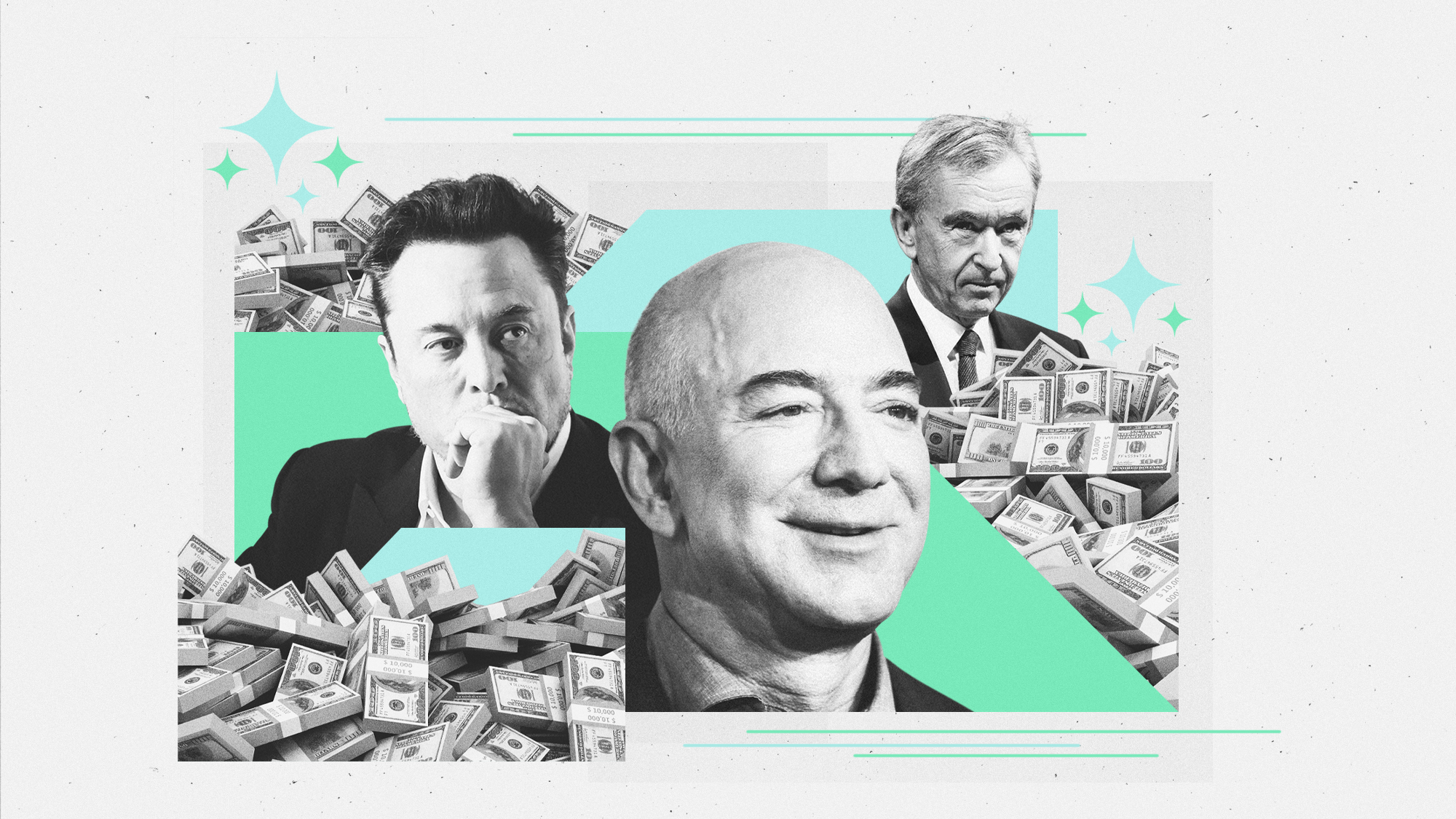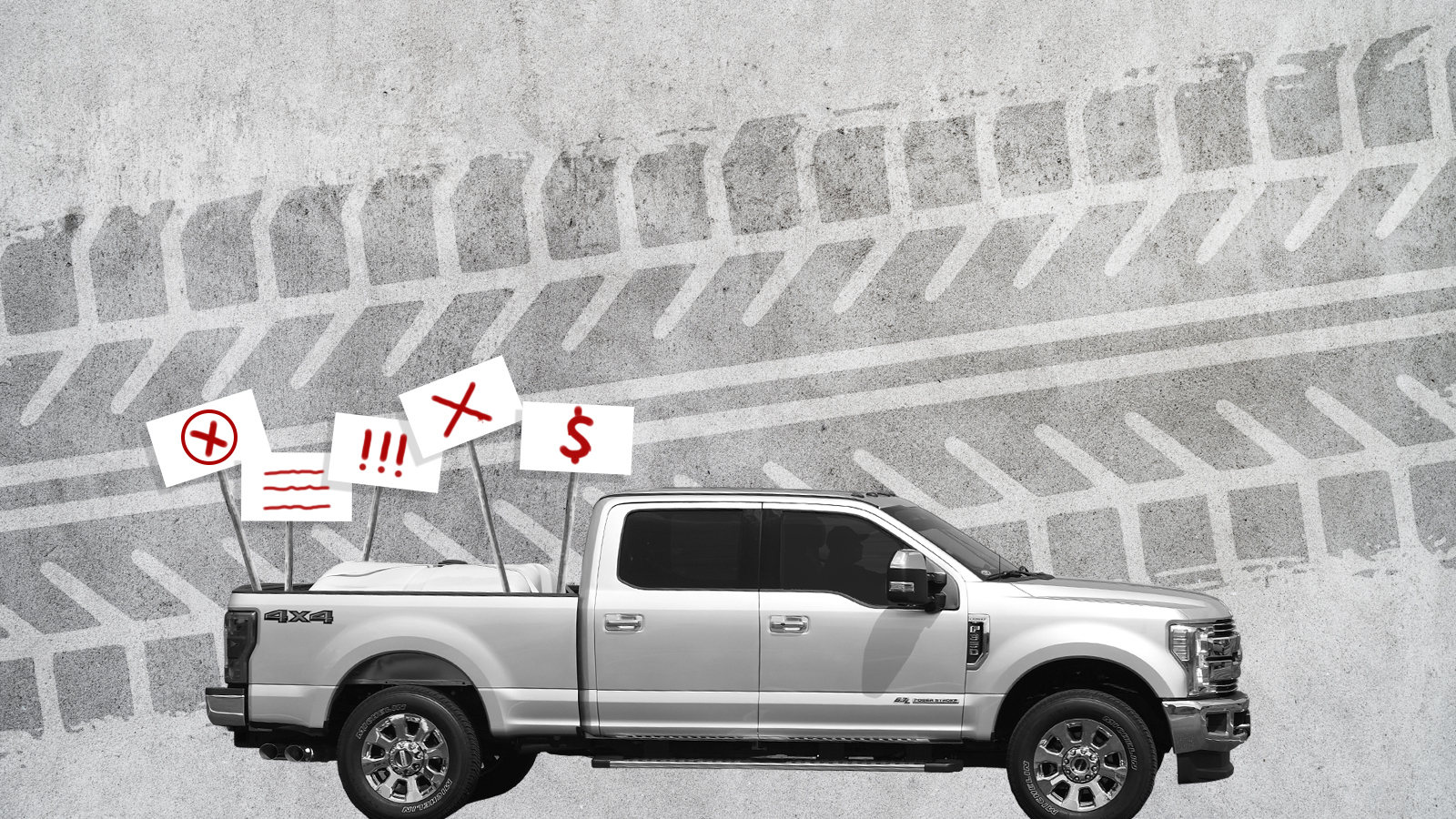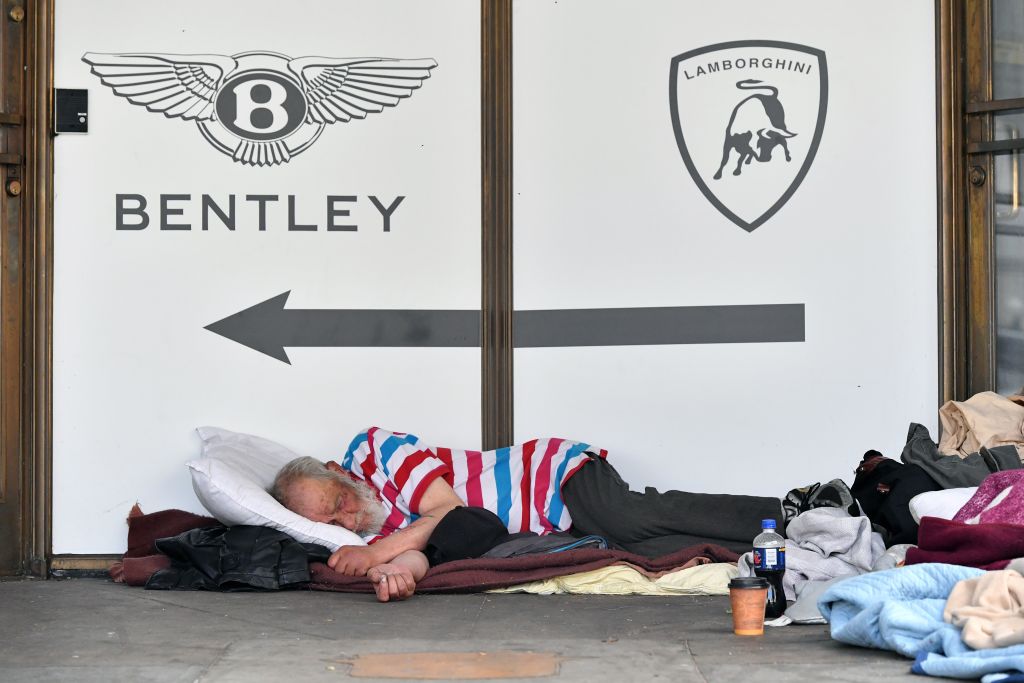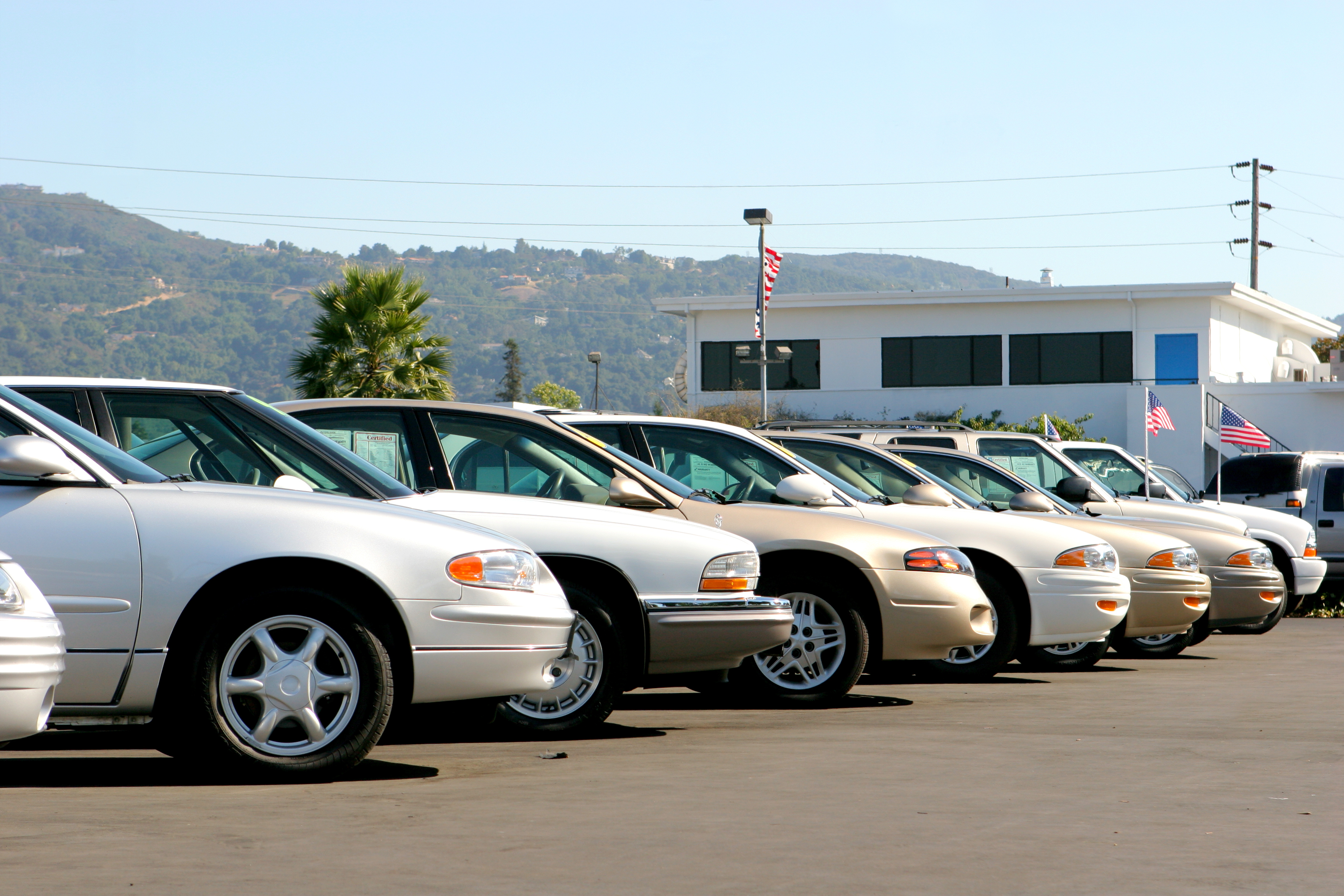Gen Z's nonchalance infiltrates the workplace
Are these young employees harder to work with?


A free daily email with the biggest news stories of the day – and the best features from TheWeek.com
You are now subscribed
Your newsletter sign-up was successful
When it comes to the job market, Gen Z doesn't seem to care all that much. At least that's how some managers and employers feel corralling a generation of workers they believe (erroneously or not) is entitled, lazy and full of pushback. How are "zoomers" affecting the workplace?
What complaints do people have about working with Gen Z?
In a survey, researchers found that "of 1,300 managers, three out of four agree that Gen Z is harder to work with than other generations — so much so that 65% of employers said they have to fire them more often," Rikki Schlott wrote for the New York Post, adding that 21% of managers also believe "entitlement is an issue" with new Gen Z hires. Peter, a hospitality manager based in New Jersey, told the outlet that he feels "kind of hamstrung on what [he] can and can't say," adding that he "doesn't want to offend" anyone and always worries that he'll "get freaking canceled."
How does Gen Z feel?
Zoomers are making it very clear that their sole purpose in the workplace is to get in, do the job, and get out. Rather than forming emotional attachments to their roles, they prioritize a work-life balance over everything. Perhaps because Gen Z and even millennials are the only generations to have experienced the combined trauma of the debt crisis, gun violence, climate change, and the Covid-19 pandemic, losing a job sounds almost like a vacation. "It's not necessarily that different generations hold different attitudes about work," Sarah Damaske, an associate professor at Penn State University, told Vox. "For millennials and for some members of Gen Z, they've witnessed two recessions, back-to-back. This is a very different labor market experience than what their parents and grandparents encountered."
The Week
Escape your echo chamber. Get the facts behind the news, plus analysis from multiple perspectives.

Sign up for The Week's Free Newsletters
From our morning news briefing to a weekly Good News Newsletter, get the best of The Week delivered directly to your inbox.
From our morning news briefing to a weekly Good News Newsletter, get the best of The Week delivered directly to your inbox.
So are they slackers?
"Young workers are not lazy, entitled or keen on slacking off," Kim Kelly argued for Insider: "They're simply choosing to reject some of the practices that previous generations were forced to accept." Not to mention they might also find themselves working under managers that "are so burnt out they have little time to spend training the next generation, or even noticing what their workplace experience is like," Melissa Swift, a partner at the consulting company Mercer, told Financial Times' Andrew Edgecliffe-Johnson. In other words, Edgecliffe-Johnson summarized, "you can't pin this all on Gen Z."
But while "quiet quitting" and detachment may seem enticing initially, younger workers would do well to remember that the world is constantly growing and evolving. In "slacking off" now, they run the risk of ruining their chances for a job down the line, Allison Schrager, an opinion columnist, wrote for Bloomberg. "Careers are long and so are institutional memories," Schrager said. "The pandemic aftermath may have given workers more power for now, but young staffers with decades of employment ahead should be thinking about what happens when that inevitably changes."
Is Generation Alpha any different?
Generation Alpha, which includes people born in 2010 and after, "will perpetuate our workplace burnout crisis" as a "side effect" of their ambition to "make work and societal change," said a 2020 LinkedIn analysis from Dan Schawbel, a managing partner at research agency Workplace Intelligence. Despite these intense efforts, which will "increase productivity temporarily at the cost of their mental health and long-term value contribution," Alphas "will demand even more from their employers than Gen Z's and millennials," Schawbel said. "They simply won't work for a company that doesn't align with their values and that isn't producing a product that benefits society."
Work and life will be "completely integrated" by the time Alphas enter the job market, where they will choose to work for less at a flexible job that supports their "emotional, physical and mental well-being" rather than deplete their tank for higher pay somewhere else. They will also "shatter old work norms and recreate the workplace based on how they interact in their personal lives," Schawbel concluded.
A free daily email with the biggest news stories of the day – and the best features from TheWeek.com
Kelsee Majette has worked as a social media editor at The Week since 2022. In 2019, she got her start in local television as a digital producer and fill-in weather reporter at NTV News. Kelsee also co-produced a lifestyle talk show while working in Nebraska and later transitioned to 13News Now as a digital content producer.
-
 The 8 best TV shows of the 1960s
The 8 best TV shows of the 1960sThe standout shows of this decade take viewers from outer space to the Wild West
-
 Microdramas are booming
Microdramas are boomingUnder the radar Scroll to watch a whole movie
-
 The Olympic timekeepers keeping the Games on track
The Olympic timekeepers keeping the Games on trackUnder the Radar Swiss watchmaking giant Omega has been at the finish line of every Olympic Games for nearly 100 years
-
 The rise of the world's first trillionaire
The rise of the world's first trillionairein depth When will it happen, and who will it be?
-
 The surge in child labor
The surge in child laborThe Explainer A growing number of companies in the U.S. are illegally hiring children — and putting them to work in dangerous jobs.
-
 Your new car may be a 'privacy nightmare on wheels'
Your new car may be a 'privacy nightmare on wheels'Speed Read New cars come with helpful bells and whistles, but also cameras, microphones and sensors that are reporting on everything you do
-
 Empty office buildings are blank slates to improve cities
Empty office buildings are blank slates to improve citiesSpeed Read The pandemic kept people home and now city buildings are vacant
-
 Why auto workers are on the brink of striking
Why auto workers are on the brink of strikingSpeed Read As the industry transitions to EVs, union workers ask for a pay raise and a shorter workweek
-
 American wealth disparity by the numbers
American wealth disparity by the numbersThe Explainer The gap between rich and poor continues to widen in the United States
-
 Cheap cars get run off the road
Cheap cars get run off the roadSpeed Read Why automakers are shedding small cars for SUVs, and what that means for buyers
-
 Vietnamese EV maker VinFast wows with staggering Nasdaq debut
Vietnamese EV maker VinFast wows with staggering Nasdaq debutSpeed Read Can the company keep up the pace, or is it running out of gas?
